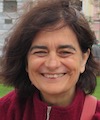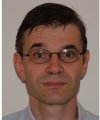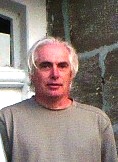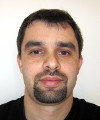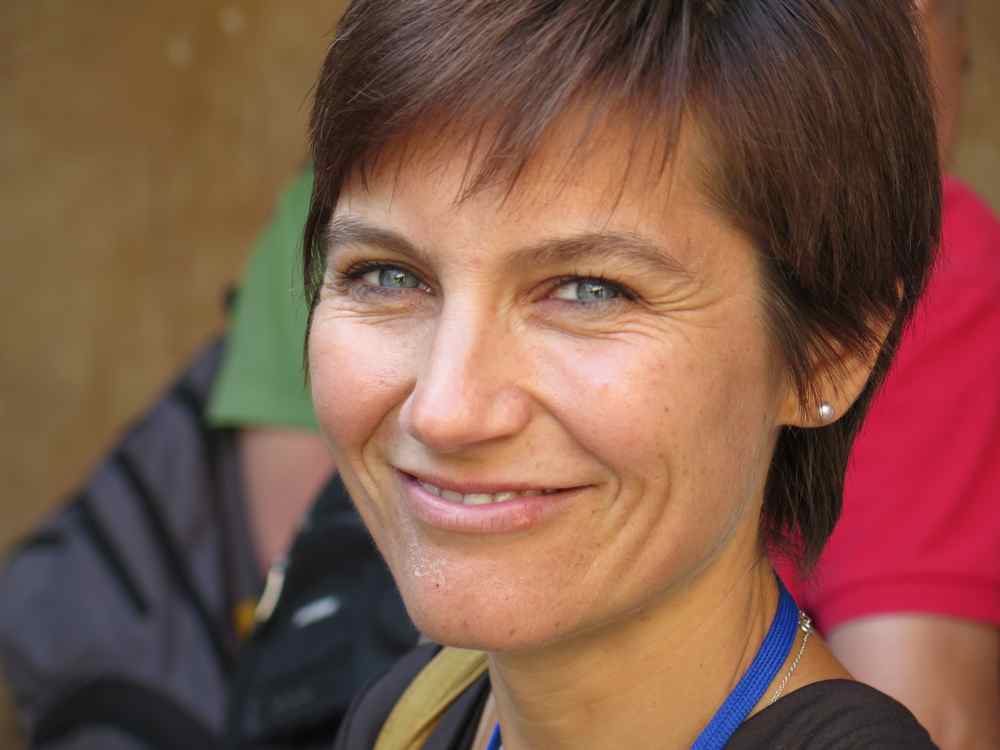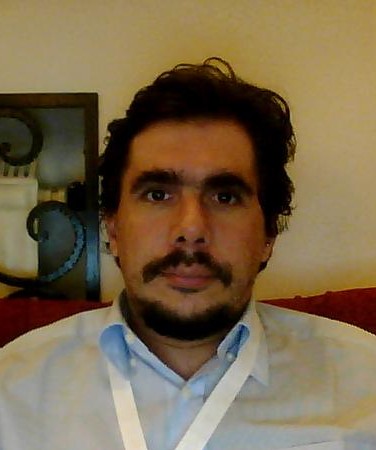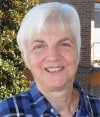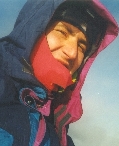Studying at the University of Verona
Here you can find information on the organisational aspects of the Programme, lecture timetables, learning activities and useful contact details for your time at the University, from enrolment to graduation.
Academic calendar
The academic calendar shows the deadlines and scheduled events that are relevant to students, teaching and technical-administrative staff of the University. Public holidays and University closures are also indicated. The academic year normally begins on 1 October each year and ends on 30 September of the following year.
Course calendar
The Academic Calendar sets out the degree programme lecture and exam timetables, as well as the relevant university closure dates..
| Period | From | To |
|---|---|---|
| I sem. | Oct 1, 2014 | Jan 30, 2015 |
| II sem. | Mar 2, 2015 | Jun 12, 2015 |
| Session | From | To |
|---|---|---|
| Sessione straordinaria appelli d'esame | Feb 2, 2015 | Feb 27, 2015 |
| Sessione estiva appelli d'esame | Jun 15, 2015 | Jul 31, 2015 |
| Sessione autunnale appelli d'esame | Sep 1, 2015 | Sep 30, 2015 |
| Session | From | To |
|---|---|---|
| Sessione autunnale appello di laurea 2014 | Oct 23, 2014 | Oct 23, 2014 |
| Sessione invernale appello di laurea 2015 | Mar 17, 2015 | Mar 17, 2015 |
| Sessione estiva appello di laurea 2015 | Jul 21, 2015 | Jul 21, 2015 |
| Sessione autunnale appello di laurea 2015 | Oct 12, 2015 | Oct 12, 2015 |
| Sessione invernale appello di laurea 2016 | Mar 15, 2016 | Mar 15, 2016 |
| Period | From | To |
|---|---|---|
| Vacanze di Natale | Dec 22, 2014 | Jan 6, 2015 |
| Vacanze di Pasqua | Apr 2, 2015 | Apr 7, 2015 |
| Ricorrenza del Santo Patrono | May 21, 2015 | May 21, 2015 |
| Vacanze estive | Aug 10, 2015 | Aug 16, 2015 |
Exam calendar
Exam dates and rounds are managed by the relevant Science and Engineering Teaching and Student Services Unit.
To view all the exam sessions available, please use the Exam dashboard on ESSE3.
If you forgot your login details or have problems logging in, please contact the relevant IT HelpDesk, or check the login details recovery web page.
Should you have any doubts or questions, please check the Enrollment FAQs
Academic staff
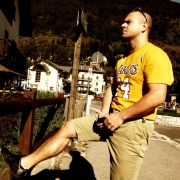
Squassina Marco
 marco.squassina@univr.it
marco.squassina@univr.it
 +39 045 802 7913
+39 045 802 7913
Study Plan
The Study Plan includes all modules, teaching and learning activities that each student will need to undertake during their time at the University.
Please select your Study Plan based on your enrollment year.
1° Year
| Modules | Credits | TAF | SSD |
|---|
| Modules | Credits | TAF | SSD |
|---|
| Modules | Credits | TAF | SSD |
|---|
Legend | Type of training activity (TTA)
TAF (Type of Educational Activity) All courses and activities are classified into different types of educational activities, indicated by a letter.
Mathematics for Decisions (seminar course) (2014/2015)
Teaching code
4S001445
Teacher
Coordinator
Credits
6
Language
English
Scientific Disciplinary Sector (SSD)
MAT/09 - OPERATIONS RESEARCH
Period
II sem., I sem.
Learning outcomes
The aim of this course is to somewhat offer "involvement opportunities" to the students in either academic research or towards the world outside academy. Personalities active in several areas of applied mathematical research will deliver lectures inside this course to propose some problems to the students so that maybe some of them will decide to try to do some research with us or on their own.
Our commitment with this course is to try the young students of the so called "lost generation" in discovering opportunities to get involved into something constructive. The course is mostly a windows-shop of invited personalities.
Program
This is a seminar course comprising:
+ classes by external personalities (seminars and short courses);
+ classes by the internal referent. In particular, a part on modelling and the use of gurobi;
+ seminars by the students on topics of interest as agreed upon.
CLASSES BY EXTERNALS:
+ Jérôme Bolte (Univ. Toulouse Capitole),
big data, 1 week, 8-10h, october, first semester.
Topics: first order algorithms for problems of big dimension (like imaging, web crowling, data extraction).
Convexity and complexity: splitting algorithms, Nesterov, Kurdyka-Lojasiewicz inequalities and their consequences.
+ Luigi Laura, 24-26 february, 2+2h,
Topics: big data, some computational models (streaming, map/reduce, ...)
+ Ariela Briani (Univ. Tours), controllo lineare, 1 week, 8-10h, secondo semestre, 18-25 aprile.
Topics: Hamilton-Jacobi in relazione a un problema di controllo
standard: per esempio HJ al primo ordine e orizzonte finito con costo
finale.
+ Stefano Benati, 3+3h, secondo semestre
Topics: one or two among the following:
1) Optimization methods to select variables for Clustering.
2) Using medians in portfolio optimization.
3) Power Indexes.
+ Stephane Vialette, 1 week, March-April,
Topics: problems and opportunities in computational biology.
INTERVENTI REFERENTE (secondo semestre) e lavoro autonomo degli interessati (anche da subito!):
0.0. gli studenti si scaricano e si installano guroby:
http://www.gurobi.com/
0.1. gli studenti esplorano e sperimentano le funzionalia' di gurobi
(dentro guroby ci sono degli ottimi tutorial);
1. l'uso di modelli di programmazino matematica;
2. modelli classici di programmazione lineare (PL) o di programmazione lineare intera (PLI);
3. metamodelli e metalinguaggi per l'espressione di modelli;
Un'implementatazione nell'ambiente supportato da guroby di un modello di PL o di PLI.
4. applicazione a problemi industriali o simil tali. (Marco Calliari, Luca Di Persio).
5. lo studente interessato su questa parte potra' sviluppare, come progetto, un modello di PL o PLI per una qualche problematica a scelta.
Examination Methods
The hope is that at least some of the students will get involved into some of the proposed problems or areas and begin to actively work on a project or idea.
Where this should happen (and appear), the exam becomes a secondary issue.
Where we do not get lucky, the students is asked to try on every proposal: he's due to attend the great part of both the external and the internal lectures, and he must also attend the seminars of the classmates. Finally, he's expected to study an argument of his choice and deliver such a seminar or conduct a mathematical modeling project under gurobi.
Type D and Type F activities
Modules not yet included
Career prospects
Module/Programme news
News for students
There you will find information, resources and services useful during your time at the University (Student’s exam record, your study plan on ESSE3, Distance Learning courses, university email account, office forms, administrative procedures, etc.). You can log into MyUnivr with your GIA login details: only in this way will you be able to receive notification of all the notices from your teachers and your secretariat via email and soon also via the Univr app.
Double degree
The University of Verona, through a network of agreements with foreign universities, offers international courses that enable students to gain a Double/Joint degree at the time of graduation. Indeed, students enrolled in a Double/Joint degree programme will be able to obtain both the degree of the University of Verona and the degree issued by the Partner University abroad - where they are expected to attend part of the programme -, in the time it normally takes to gain a common Master’s degree. The institutions concerned shall ensure that both degrees are recognised in the two countries.
Places on these programmes are limited, and admissions and any applicable grants are subject to applicants being selected in a specific Call for applications.
It's online Erasmus + - double joint degree a.y. 2024/2025
The latest Call for applications for Double/Joint Degrees at the University of Verona is available now!
For the presentation of the LA and subsequent recognition of CFUs, please refer to the International Mobility Regulations.
Documents
| Title | Info File |
|---|---|
|
|
pdf, it, 461 KB, 24/11/23 |
|
|
pdf, it, 361 KB, 23/02/24 |
Alternative learning activities
In order to make the study path more flexible, it is possible to request the substitution of some modules with others of the same course of study in Mathematics at the University of Verona (if the educational objectives of the modules to be substituted have already been achieved in the previous career), or with others of the course of study in Mathematics at the University of Trento.Documents
| Title | Info File |
|---|---|
|
|
pdf, it, 167 KB, 27/08/21 |
|
|
pdf, it, 44 KB, 30/08/21 |
|
|
pdf, it, 113 KB, 30/08/21 |
Attendance
As stated in the Teaching Regulations for the A.Y. 2022/2023, except for specific practical or lab activities, attendance is not mandatory. Regarding these activities, please see the web page of each module for information on the number of hours that must be attended on-site.
Career management
Student login and resources
Graduation
Deadlines and administrative fulfilments
For deadlines, administrative fulfilments and notices on graduation sessions, please refer to the Graduation Sessions - Science and Engineering service.
Need to activate a thesis internship
For thesis-related internships, it is not always necessary to activate an internship through the Internship Office. For further information, please consult the dedicated document, which can be found in the 'Documents' section of the Internships and work orientation - Science e Engineering service.
Final examination regulations
Upon completion of the Master’s degree dissertation students are awarded 32 CFU. The final examination consists of a written dissertation on a specific topic agreed with a supervising professor and presented to a commission (Dissertation Committee).
The dissertation can be high-level theoretical or experimental (in the latter case, it may focus on either basic or applied research), it can deal with a theoretical topic or propose the resolution of a specific problem, or description of a work project, and may be carried out at universities, research institutions, schools, laboratories and companies in the framework of internships, traineeships, study stays in Italy and abroad. The dissertation must be original and written by the student under the guidance of a Supervisor. At the request of the student, the dissertation may be written and presented in Italian.
Professors belonging to the Mathematics Teaching Committee, the Department of Computer Science, and any associated departments may be appointed as Supervisors, as well as any professors from the University of Verona whose area of interest (SSD - Scientific-disciplinary Sector) is included in the teaching regulations of the degree programme.
Students may take the final exam only if meeting all requirements set by the School of Sciences and Engineering.
The Master's degree in Mathematics is obtained by successfully passing the final examination and thus earning the 120 CFU included in the study plan.
The material submitted by the student for the final examination will be examined by the Dissertation Committee, which comprises three professors, possibly including the Supervisor, and appointed by the President of the Teaching Committee. The final examination will be assessed based on the following criteria: the student’s performance during the entire study programme, the knowledge acquired during the dissertation work, their understanding of the topic and autonomy of judgment, their ability to apply such knowledge, and communicate effectively and fully all the outcomes of the work and the main results obtained.
The final examination and the degree ceremony will be carried out, in one of the four graduation sessions throughout the academic year, by the Final Examination Committee appointed by the President of the Teaching Committee, and made up of a president and at least four members chosen from among the professors of the University.
For further information, please refer to the Final examination regulations.
Documents
| Title | Info File |
|---|---|
|
|
pdf, it, 31 KB, 02/11/22 |
|
|
pdf, en, 31 KB, 02/11/22 |
|
|
pdf, it, 171 KB, 20/03/24 |
List of theses and work experience proposals
| theses proposals | Research area |
|---|---|
| Controllo di sistemi multiagente | Calculus of variations and optimal control; optimization - Hamilton-Jacobi theories, including dynamic programming |
| Controllo di sistemi multiagente | Calculus of variations and optimal control; optimization - Manifolds |
| Controllo di sistemi multiagente | Calculus of variations and optimal control; optimization - Optimality conditions |
| Formule di rappresentazione per gradienti generalizzati | Mathematics - Analysis |
| Formule di rappresentazione per gradienti generalizzati | Mathematics - Mathematics |
| Mathematics Bachelor and Master thesis titles | Various topics |
| Stage | Research area |
|---|---|
| Internship proposals for students in mathematics | Various topics |
